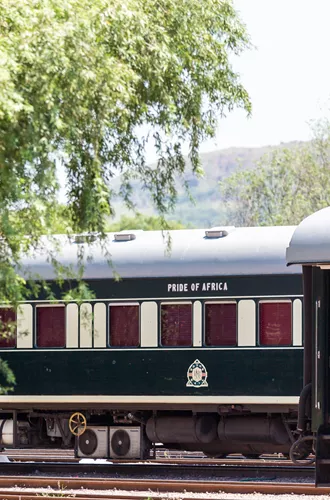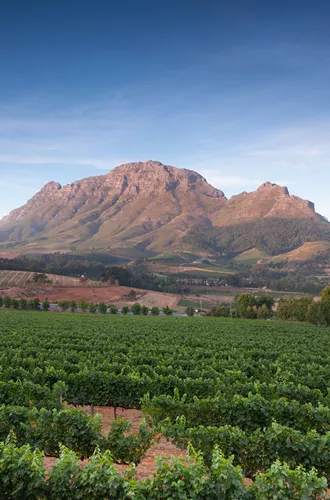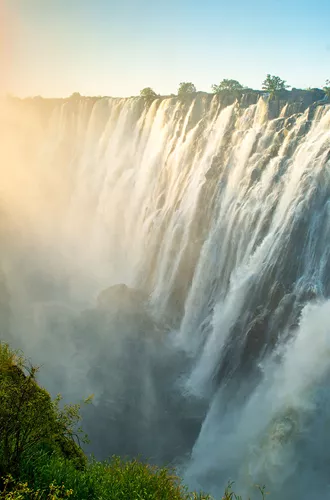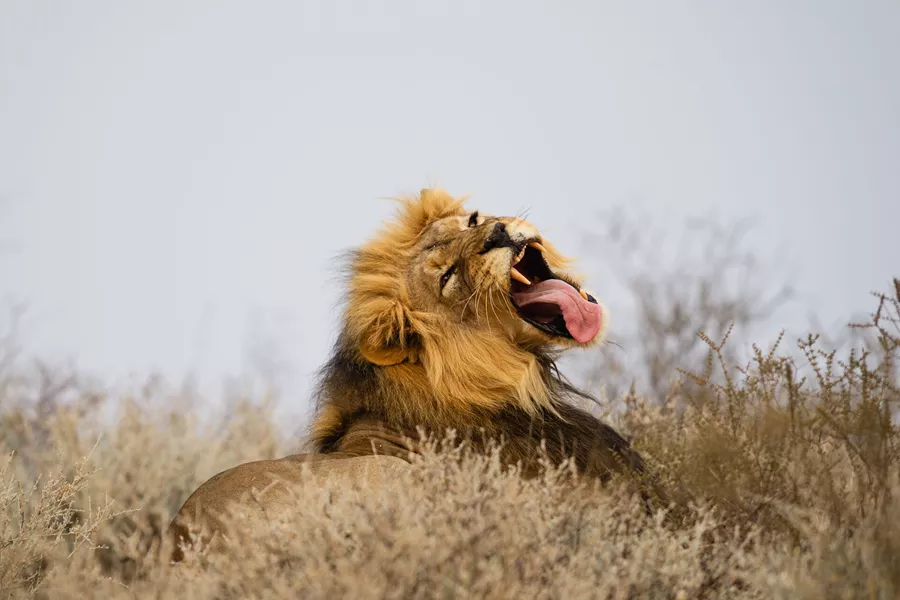The Travel Corporation has partnered with the company Sherpa to provide travellers with the latest government and health restrictions. Simply enter the country you want to travel to for information on safety regulations, border closures, quarantine requirements, your travel visa and more using the Sherpa travel tool : Visa Advice
Australian and New Zealand passport holders need a visa to enter Zimbabwe. A 30-day tourist visa (single or multiple entry) is available on arrival for a fee. You can also apply for a double-entry tourist visa, valid for 30 days from each entry date.
Alternatively, you may be eligible for a KAZA UniVisa that allows multiple entries in 30 days:
- between Zimbabwe and Zambia
- to Botswana for day trips
You can get a KAZA UniVisa at:
- Harare, Bulawayo and Victoria Falls airports
- Victoria Falls land border (Zambia)
- Kazungula land border (Zambia/Botswana)
- A KAZA UniVisa can't be extended. Its availability can change at short notice.
Health screening: As part of health screening measures, you may have your temperature checked at points of entry into Zimbabwe.
Yellow fever vaccination: You need a valid yellow fever vaccination certificate if you're arriving from a country with yellow fever.
Entry stamp: When you arrive, check you get a legible entry stamp in your passport. Immigration officials will ask to see it when you leave.
Official Travel advice visit:
Zimbabwe Travel Advice & Safety | Smartraveller (Australia)
Zimbabwe | SafeTravel NZ (New Zealand)














